Betting Big on the NCAA Men’s Basketball Tournament
March Madness and its accompanying betting-pool tradition go directly against the NCAA’s staunch anti-gambling policy, but "bracketology" accounts for billions of dollars changing hands.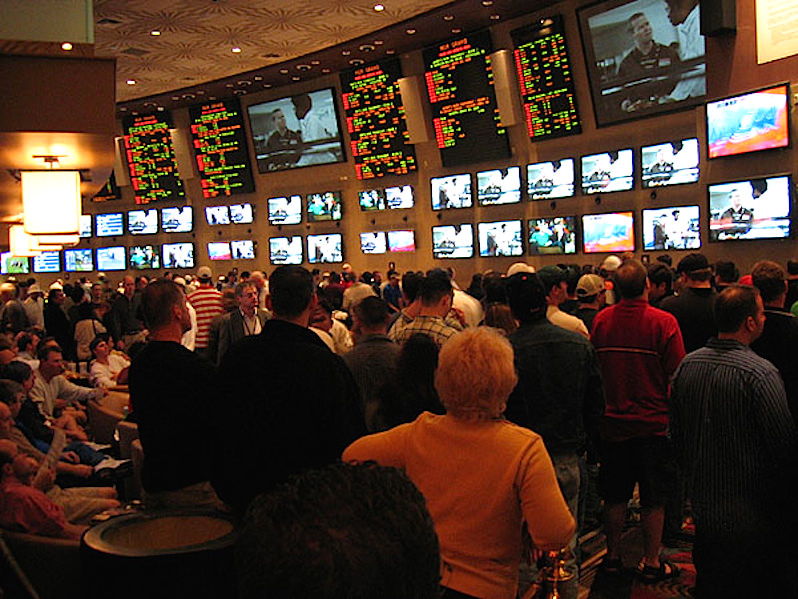
A crowd gathers during March Madness at the MGM Grand in Las Vegas. (Flickr / CC 2.0)
The late sports historian Bert Sugar was fond of saying that horse racing was the only sport that existed because of gambling. College basketball could get along very well without gambling, but it’s a good bet—pardon the pun—that the NCAA men’s basketball tournament might not.
In Robert Altman’s 1970 film “M.A.S.H.,” George Wood’s Gen. Hammond approaches Roger Bowen’s Col. Blake with a scheme to make some easy money: a football game between the motor pool and the medical unit. Hammond explains, “We put on a football game, we put up a few bets, five thousand maybe, and have a little fun. Special services in Tokyo says it’s one of the best gimmicks we’ve got to keep the American way of life going here in Asia.”
“Betting?” asks the colonel.
“No, football!” the general responds.
Perhaps the colonel had it right. The American way of life—or, more accurately, the American way of fandom—is at least as much about gambling as it is about sports. That’s especially true during March Madness, when basketball fans go wild with their predictions of winners—better known as bracketology. Consider the following, according to Forbes:
● Las Vegas rakes in more than $100 million in profits during March. ● In 2015, there was about $49 billion in bets on the books in Vegas and a few other states where it’s legal, and the FBI said that almost $2.5 billion was wagered illegally, mostly with bookies. ● More than 60 million people in this country futz with their brackets, accounting for almost $2 billion in lost workplace productivity.
It’s understandable that the NCAA tournament is such a popular occasion for wagering money. People certainly don’t follow the tournament because of the suspense, at least in the early rounds. You don’t need 68 teams in a playoff to determine who is best in the country. The first round is as close to a sure thing as you can find in sports. The lowest seed to win the tournament was No. 8 seed Villanova in 1985. As George Ignatin, former numbers cruncher for The Wall Street Journal’s “By the Numbers” column, says, “After you take the first five or six seeds, you can throw a blanket over the rest.”
At any other point in the year, college ball has no business mixing with gambling: March Madness and its accompanying betting-pool tradition go directly against the NCAA’s staunch anti-gambling policy. In 2010, the organization released a manifesto on college sports betting, which read in part, “Sports wagering can be a serious crime that threatens the well-being of student-athletes and the integrity of the game.”
Several times over the last several decades, college basketball has doled out severe punishments for point-shaving (gamblers bribing players to win by fewer points than their team is favored by) and even game-throwing scandals. In 1998, two Northwestern basketball players were discovered to have shaved points during the 1995 season, and both went to prison for a short stint. In 1985, a point-shaving scandal involving drugs and money at Tulane was so widespread that the university president dropped basketball from its program. (Tulane reinstated the sport five years later.)
During the 1978-79 season, gamblers paid four of Boston College’s top players $2,500 apiece for each game in which the Eagles failed to cover the point spread. The scheme, engineered in part by Henry Hill of “Goodfellas” fame, earned one of the players, Rick Kuhn, a 10-year prison sentence for sports racketeering. (Odd as it may seem, it isn’t illegal to fix games, either college or pro. For one thing, it’s impossible to prove: You can’t say for certain that a player missed a particular shot on purpose. It’s illegal only if you conspire to fix games. If they violate league or NCAA rules, the players you conspired with can be suspended, but conferences and leagues are not lawmaking bodies.)
The mother of all college basketball gambling scandals involved 32 players (at seven schools) who accepted bribes from gamblers from 1947 through 1950. The schools included two national champions, City College of New York (1950) and Kentucky (1947, 1948 and 1951), and one of the sport’s most prestigious coaches, Adolph “The Baron” Rupp, who was hugely embarrassed when the NCAA suspended his Kentucky program for the 1952-53 season. When rumors of a scandal first surfaced, Rupp bragged to New York sportswriters that “gamblers couldn’t touch my boys with a 10-foot pole.” After the truth came out, the writers chipped in and sent Rupp a present—an 11-foot pole.
In the wake of that era’s scandals, the NCAA became the dominant power in college sports by vowing to police athletes and banish gambling. Obviously, that goal is impossible—there simply are too many schools and too much money involved. Publicly, the NCAA even frowns on office-pool brackets, saying they foster a tolerance for gambling that inevitably results in corruption. Privately, however, the NCAA likely knows what the rest of us have known for years: Bracketology is exactly what keeps millions of people glued to their screens at home and in the office for 19 days in March and April.
George Carlin used to do a routine about his parish priest reading announcements during services: “Thursday, a lecture on the evils of gambling. Friday night, Bingo.”
When March comes around, America becomes like Carlin’s Catholics. We preach a moral taboo against gambling, but for a couple of weeks each year, we want a dispensation.
Independent journalism is under threat and overshadowed by heavily funded mainstream media.
You can help level the playing field. Become a member.
Your tax-deductible contribution keeps us digging beneath the headlines to give you thought-provoking, investigative reporting and analysis that unearths what's really happening- without compromise.
Give today to support our courageous, independent journalists.
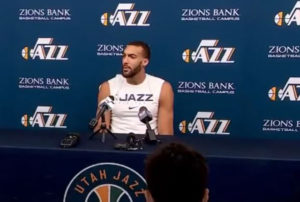
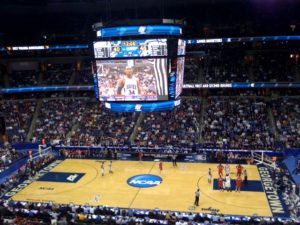
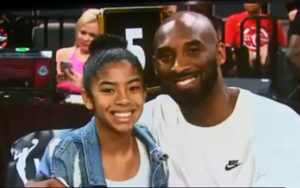
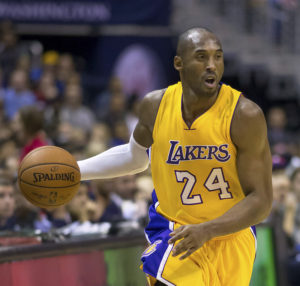
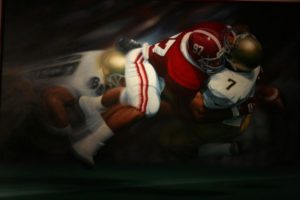
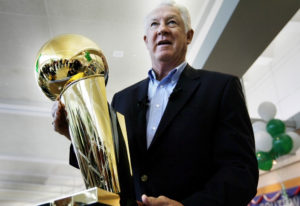


You need to be a supporter to comment.
There are currently no responses to this article.
Be the first to respond.